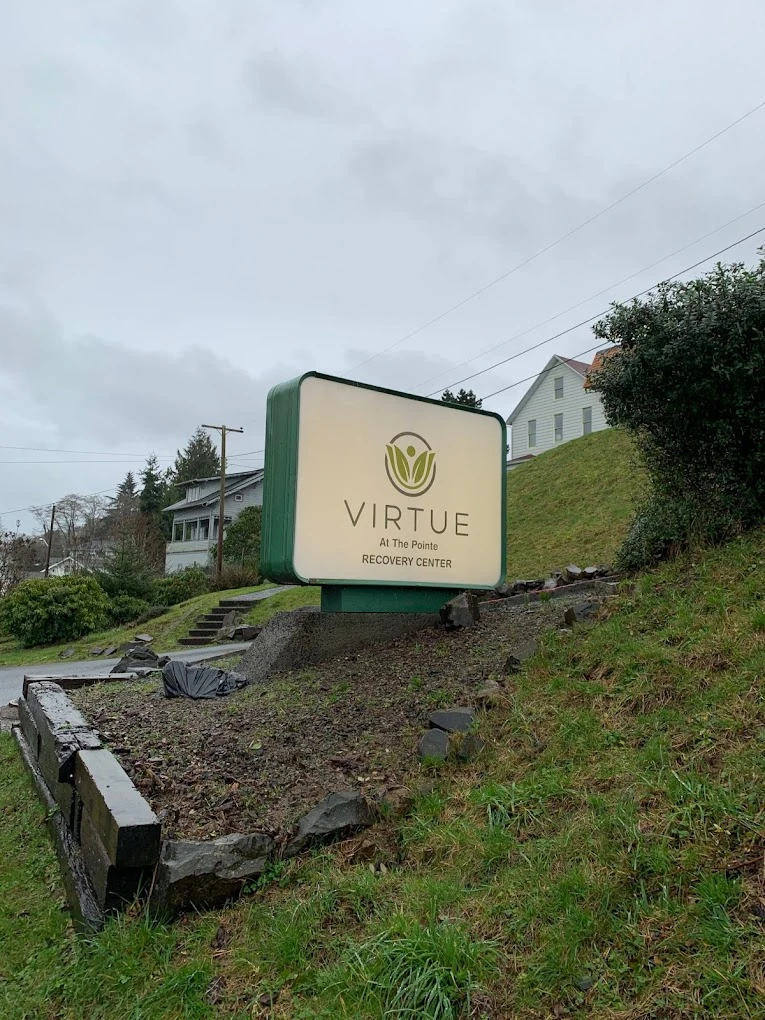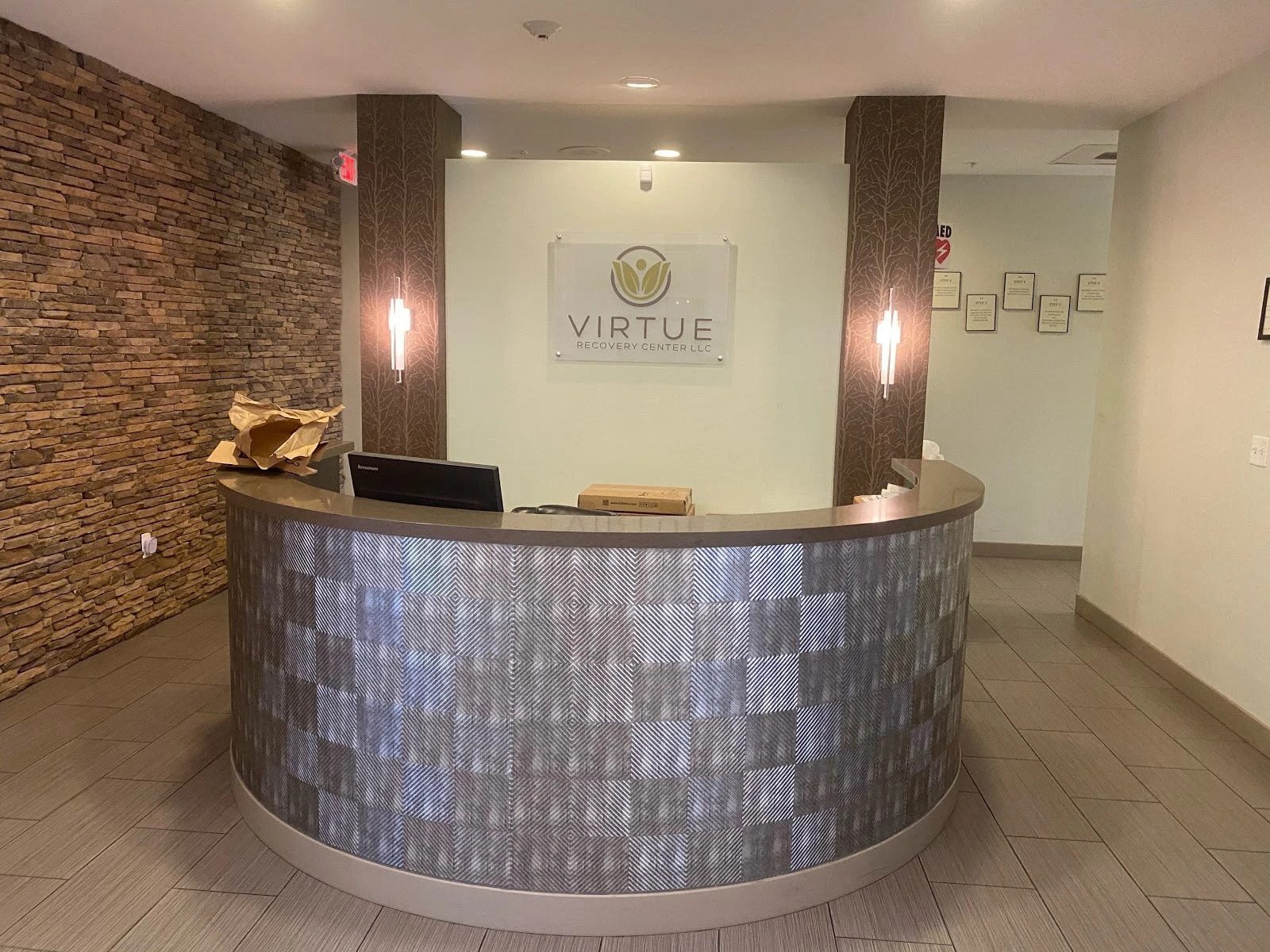Astoria Pointe, previously known as Sunspire Health Astoria Pointe, is a prestigious treatment center in Astoria, Oregon, that provides thorough inpatient and outpatient care to those struggling with co-occurring disorders and drug abuse. The facility offers a variety of evidence-based treatments that are customized to each client's unique requirements, such as yoga, horse therapy, individual and group therapy, dialectical behavior therapy (DBT), and EMDR.
Programs at Astoria Pointe are designed to treat co-occurring mental health issues, behavioral addictions such problem gambling and sex addiction, and drug use disorders. With an emphasis on evidence-based, abstinence-based practices, the hospital creates customized treatment regimens that respect the various lifestyles and special requirements of each patient under its care. The multidisciplinary team, which includes medical professionals, nurses, therapists, counselors, and residential staff with expertise in addiction treatment, collaborates to create customized recovery plans for every patient.
Men alone are served by Astoria Pointe's residential treatment program, which offers a safe haven in which clients may participate in a range of therapeutic approaches targeted at long-term healing. The center places a strong emphasis on an experienced, holistic approach to treatment, guaranteeing that every patient gets top-notch professional care customized to their individual path toward mental health and sobriety.
For people looking for a second chance at life, Astoria Pointe is a ray of hope, providing not just medical care but also a route to improved health and a changed future. The center's dedication to fusing cutting-edge and conventional therapeutic approaches aids clients in overcoming addiction and acquiring the abilities required for long-term recovery.
Astoria Pointe has earned accreditation from the Commission on Accreditation of Rehabilitation Facilities (CARF), a testament to its dedication to provide high-caliber treatment that satisfies exacting requirements. The facility's dedication to safe and legal methods is shown by its LegitScript verification. Furthermore, Astoria Pointe is accredited by the Joint Commission, guaranteeing that patients get treatment that satisfies the highest standards of clinical quality. The institution is a part of a network committed to promoting addiction treatment and recovery as a member of the National Association of Addiction Treatment Providers (NAATP).
Virtue At The Pointe Information
Treatment
Who We Treat
- Male and Female
- Veterans
Treatment Focus
- Alcohol
- Co-Occurring Disorders
- Drug Addiction
- Trauma
Approaches
- 12-Step-Based
- Individual Treatment
- Evidence-Based
- Twelve Step
- Family Therapy
- Holistic
- Cognitive Behavioral Therapy (CBT)
- Motivational Interviewing
- 1-on-1 Counseling
- Art Therapy
- Meditation & Mindfulness
- Eye Movement Therapy (EMDR)
- Transcranial Magnetic Stimulation (TMS)
- Medication-Assisted Treatment (MAT)
Conditions We Treat
- Depression
- Anxiety
- Bipolar Disorder
- Post Traumatic Stress Disorder (PTSD)
- Obsessive Compulsive Disorder (OCD)
- Self-Harm
- Codependency
- Trauma
- Anger
- Bipolar
- Eating Disorders
- Co-Occurring Disorders
Substances We Treat
- Alcohol
- Heroin
- Cocaine
- Methamphetamine
- MDMA/Ecstasy
- Ecstasy
- Marijuana/Cannabis
- Psychedelics
Languages
- English
Experience
On-Site Amenities
- Access to Nature
- Outdoor Lounge
Personal Amenities
- Air-Conditioned Rooms
- En Suite Bathroom
- Private or Shared Rooms
- Snacks
- TV
On-Site Activities
- Yoga
- AA/NA Meetings
- Games
- Physical Fitness
Accreditations
-
LegitScript
LegitScript certification is awarded to programs and services that successfully complete a stringent application process initiated in 2018. This process ensures eligibility for credible providers offering mental health and co-occurring substance abuse treatment within Google's network while complying with HIPAA privacy laws.

-
The Joint Commission
The Joint Commission accreditation for addiction and behavioral health is a prestigious recognition signifying a facility's commitment to delivering high-quality care and safety for individuals dealing with substance abuse and mental health issues. It involves rigorous evaluations and assessments, ensuring patients receive evidence-based treatment and exceptional care. This accreditation demonstrates a facility's dedication to continuous improvement and ethical practices, building trust among patients and healthcare professionals seeking top-tier addiction and behavioral health services.

-
NAATP
Established in 1978, the National Association of Addiction Treatment Providers (NAATP) is a professional organization dedicated to advocating for and representing entities involved in addiction services. NAATP is committed to advancing the field of addiction services and ensuring that top-tier addiction treatment remains both accessible and widely available.

Additional Locations
Virtue At The Pointe Accepts The Following Insurance Plans
Find the best treatment options. Call our free and confidential helpline today!













